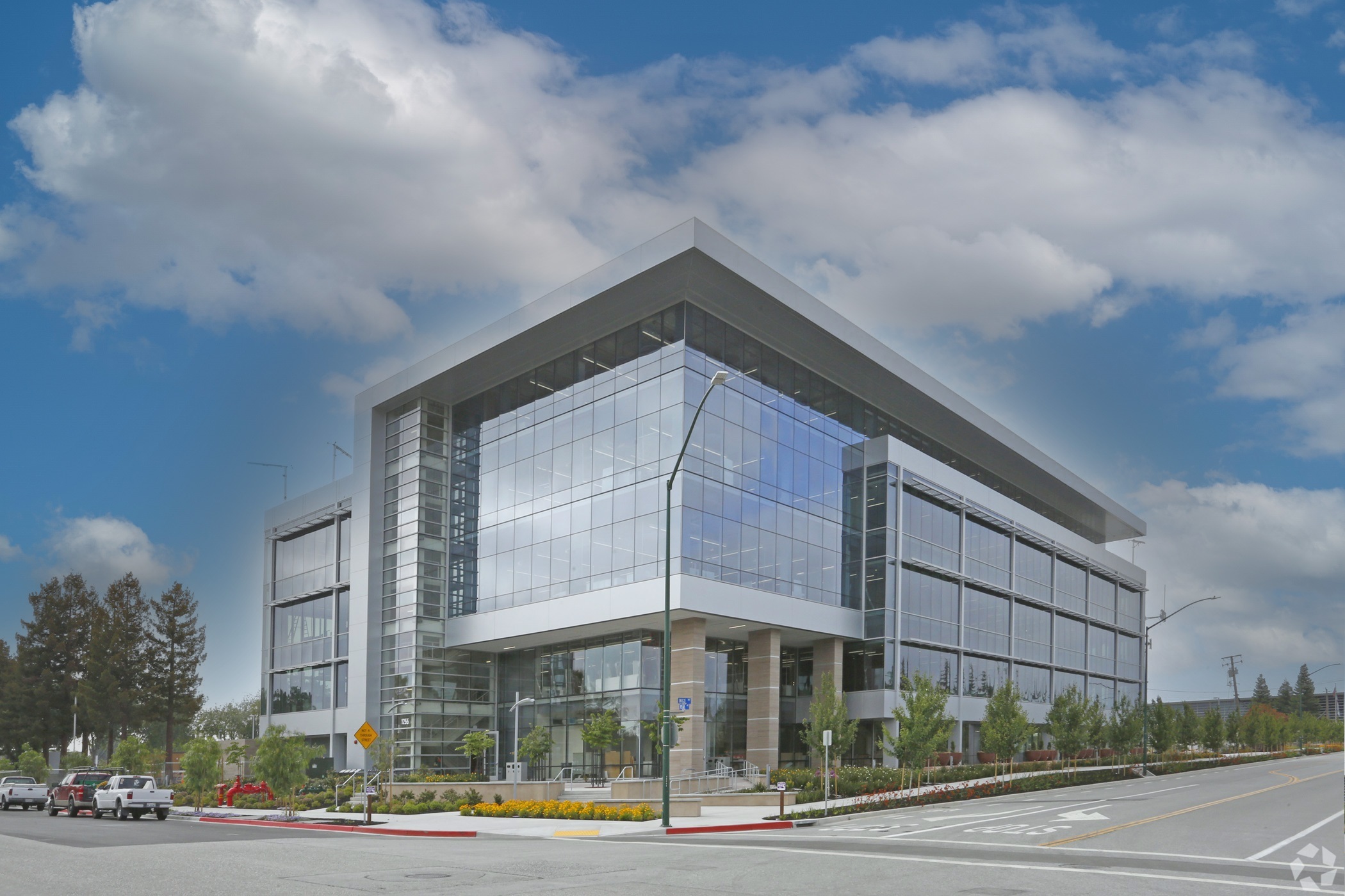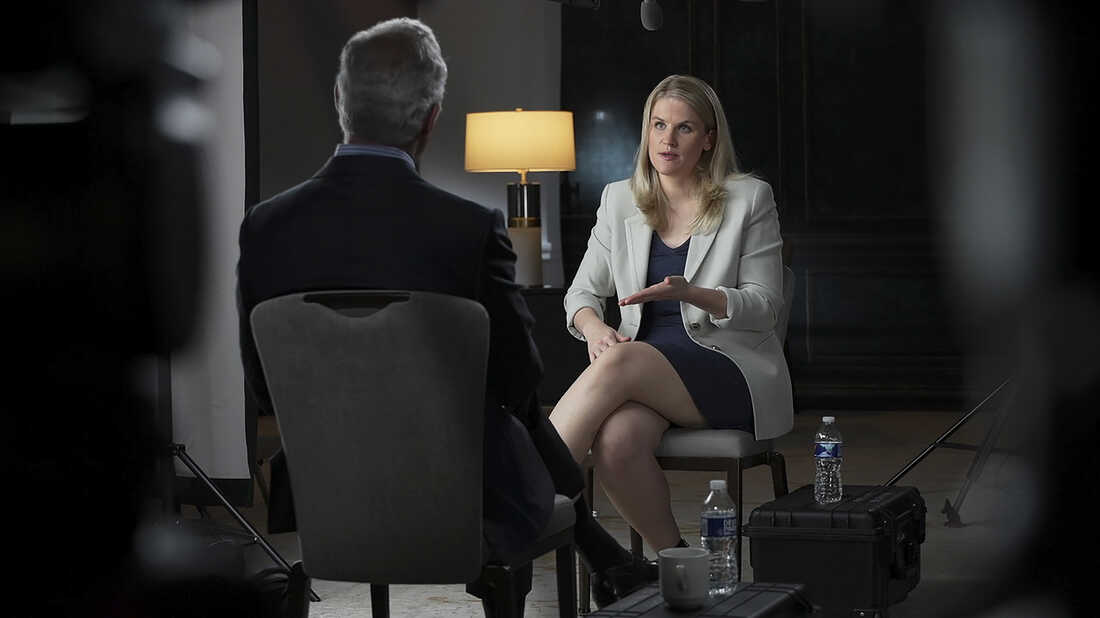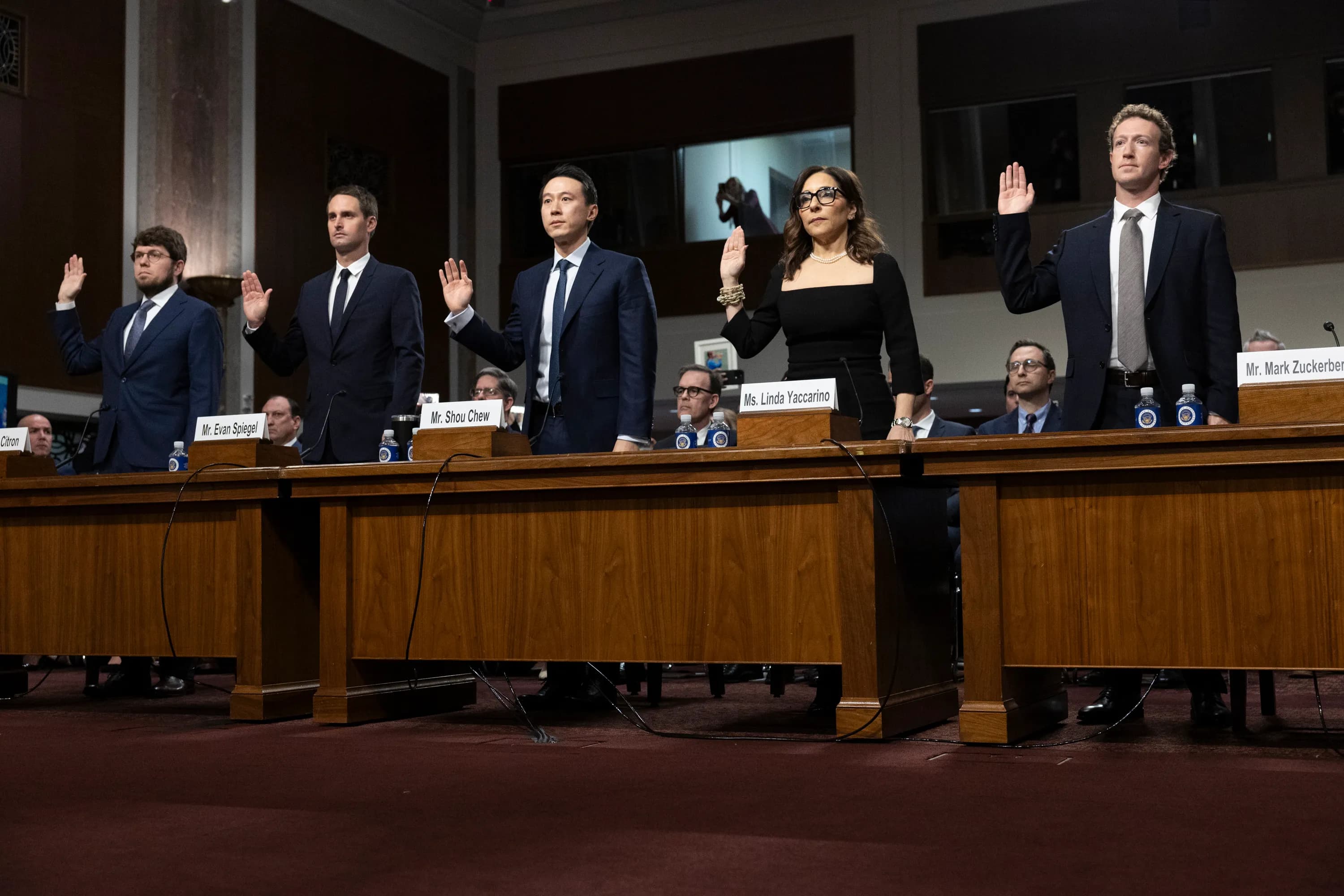Content Moderation Fails to Protect Democracy
The digital landscape has transformed into a battleground where freedom of expression clashes with the need to combat misinformation. Content moderation practices employed by platforms like YouTube have raised alarm bells among civil rights advocates. The question arises: who decides what is harmful? According to research findings, the current approach to content moderation lacks transparency and accountability, allowing the powerful to define the boundaries of acceptable speech.
Government Regulation or Corporate Control
The tension between regulation and corporate control of online speech is palpable. As reported by Harvard Law School, increased regulation on content moderation can empower new entrants while simultaneously holding platforms accountable for the spread of harmful content. Yet, the question remains: is this a safeguard for democracy or an avenue for further corporate control over public discourse?

News | Google prepares to dump office building near its ...
The Dangers of Censorship
As governments worldwide grapple with online content regulation, the implications for civil liberties are staggering. In Thailand, for instance, the strict enforcement of the Computer-Related Crime Act has led to severe penalties for dissenters, as noted in international comparisons. The chilling effect of such laws is evident; individuals are silenced out of fear of retribution, stifling necessary conversations about power, race, and justice.
Privacy vs. Misinformation
In an era where privacy is paramount, the need for platforms to balance user safety with freedom of expression is more critical than ever. The search engine DuckDuckGo, which emphasizes online privacy, exemplifies a model that prioritizes user autonomy while navigating misinformation. As highlighted in Wikipedia, this platform"s commitment to privacy raises questions about the responsibility of tech companies to foster an environment free from both surveillance and misinformation.

Facebook whistleblower renews scrutiny of the social media ...
The Role of Social Media in Democracy
The intersection of social media and democracy is fraught with challenges. The digital revolution has undoubtedly democratized access to information, yet it has also facilitated the dissemination of falsehoods that can undermine democratic institutions. A critical reflection by the University of Chicago emphasizes that while social media platforms are vital for public discourse, their role in spreading hate and misinformation cannot be ignored. The danger lies in allowing a few tech giants to dictate the terms of engagement in our democracy while silencing marginalized voices under the guise of content moderation.

![[Video] Anti-ICE Protester Pepper Sprayed as CBP Agents Disperse Crowd in Minneapolis](/_next/image?url=%2Fapi%2Fimage%2Fthumbnails%2Fthumbnail-1768260677127-y71sb7-thumbnail.jpg&w=3840&q=75)

![[Video] Several injured as U-Haul truck drives through Iranian protestors in Los Angeles](/_next/image?url=%2Fapi%2Fimage%2Fthumbnails%2Fthumbnail-1768176682028-q95y6j-thumbnail.jpg&w=3840&q=75)
![[Video] Scuffle breaks out between Trump supporters and Anti-ICE protesters in Times Square](/_next/image?url=%2Fapi%2Fimage%2Fthumbnails%2Fthumbnail-1768165958203-hgcgb-thumbnail.jpg&w=3840&q=75)


![[Video] Gunfire between Iraqi security forces and Sadr militias in Baghdad](/_next/image?url=%2Fapi%2Fimage%2Fthumbnails%2Fthumbnail-1768343508874-4redb-thumbnail.jpg&w=3840&q=75)
